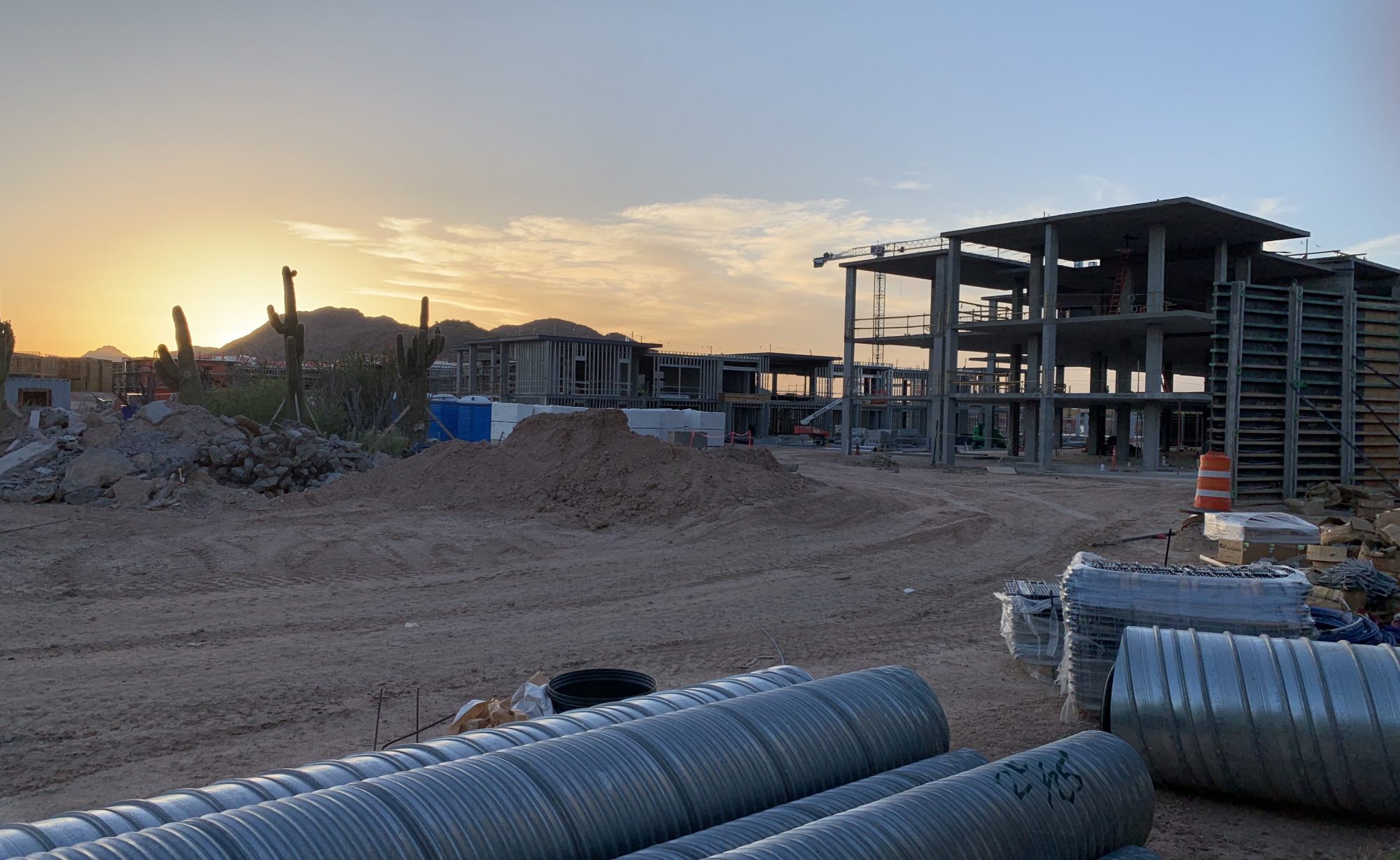
The nature and extent of COVID-19’s impacts on Arizona’s construction industry are currently unknown. It is, however, certain that there will be impacts. At the very least, many projects may be delayed. Thus, in order to prepare for what lies ahead, delay-related provisions in existing construction contracts and contemplated future contracts merit review and consideration. These include, but are not limited to, clauses covering the following:
Contract Time
The starting point for any delay claim is the contract provision specifying the performance period for the subject work. Typically, construction contracts will establish the performance period by: (1) specifying commencement and completion dates; or (2) setting forth a number of days within which the work must be completed after a notice to proceed is given.


